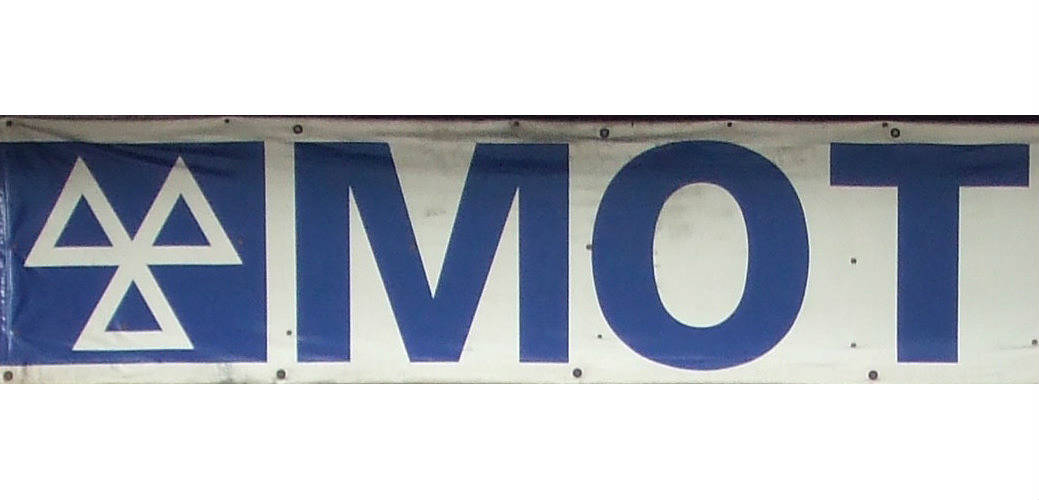MOT tips to Avoid a Fine and Ensure your Insurance is Valid

The government organisation says some drivers forget when their car’s MOT is due, meaning they could be driving without a valid test – rendering their insurance worthless.
And ironically, at the same time, those who like to be organised and take their car for an early MOT could face a hefty £2500 fine for mistakenly trying to do the right thing. So what are the grey areas around the MOT test that drivers need to know about?
How to check when your car’s MOT is due
The MOT test is necessary to ensure cars are safe to drive, and don’t pose a danger to their owner, passengers or other road users.
Yet as if that weren’t enough of an incentive, drivers caught on the road without a valid MOT can be hit with a £1000 fine by the police. And if the driver has an accident, the vehicle insurer is unlikely to pay out if the MOT has expired.
If the due date of your car’s MOT has slipped your mind, and you have mislaid the last certificate, there’s a quick way to check the expiry date online.
Using the DVSA’s MOT checking tool, you simply enter the registration number and the official records will show when the next MOT will be required.
Cars only require an MOT once they are more than three-years old. From then on, the test is required every 12 months.

Driving a car if the MOT certificate has expired
There is an exception to the rule that it’s illegal to drive a car without an MOT. This is when you are taking it to a garage for its MOT. However, you must be able to prove you have booked the inspection with the testing station.
Why it doesn’t always pay to be take an early MOT
Many drivers assume that by submitting their car well in advance of its MOT expiry date, they will still be able to book in an appointment to have any repairs made while continuing to drive the car on its original MOT.
They are mistaken, warns the DVSA. Any MOT failure is recorded on the DVSA’s national database, meaning a car is no longer road legal - regardless of how long the previous MOT was valid for.
Drivers that continue to use their vehicle after a failed MOT can be stopped by the police and hit with a maximum £2500 fine and a driving ban. Instead, the defects should be repaired and the car should be presented for another test.

MOT changes from 20 May 2018
From late May 2018, more cars are predicted to fail their MOT because the annual vehicle safety test is getting stricter.
Diesel cars will automatically fail their MOT if there’s any smoke coming from the exhaust, if the diesel particulate filter has been removed or there is evidence it’s been tampered with.
At the same time, depending on the age of the car, reversing lights, daytime running lights, front fog lights, prop shafts, bumper security and condition, the drive shafts on all vehicles, the condition of the floor structure, and fluid leaks posing an environmental risk are all added to the MOT.
Defects will now be classed as dangerous, major and minor. Cars categorised as dangerous or with major flaws will automatically fail the MOT.
